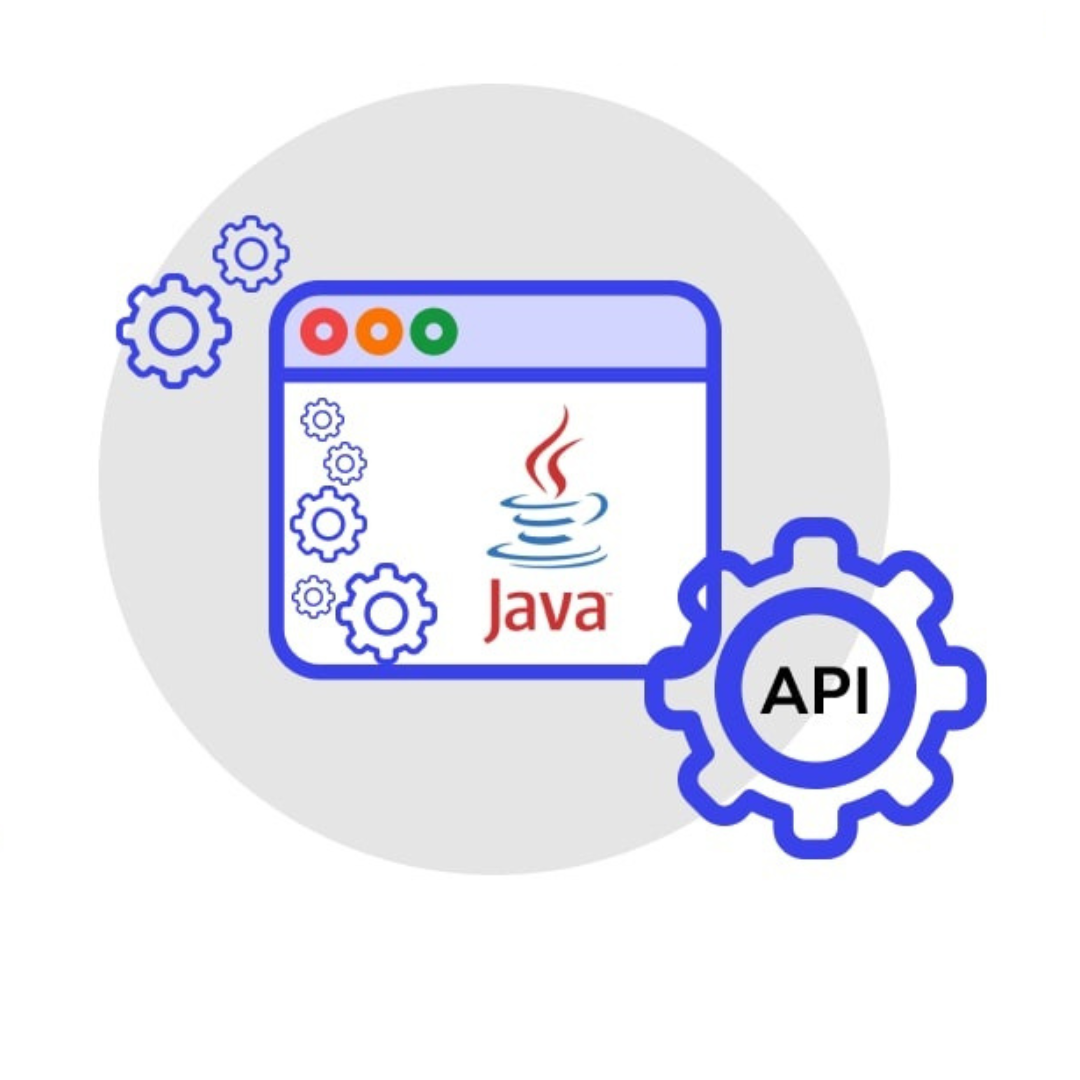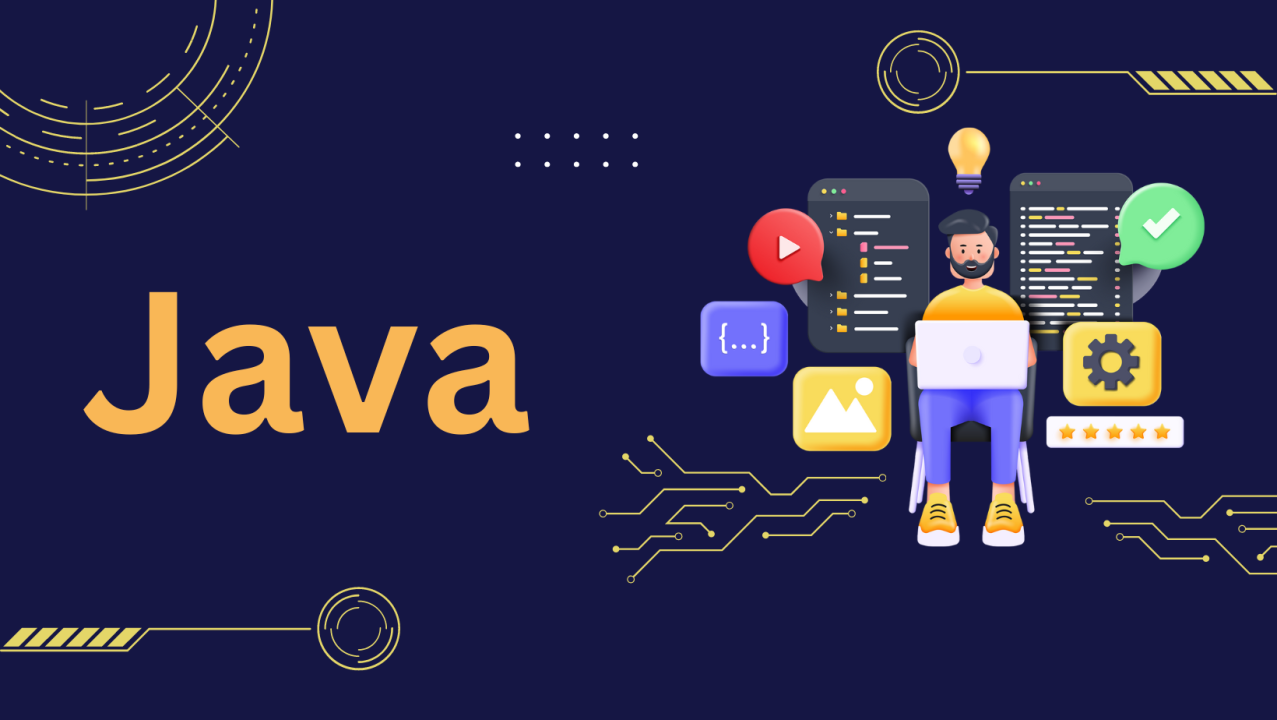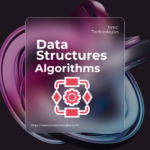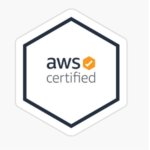
Java coaching in Vizag
Learn JAVA Programming – Beginner to Master
Java
It is one of the high-level programming languages used in web applications, enterprise applications, and standalone applications.
About Java
Java is platform-independent, which means Java programs can run seamlessly on Linux,
Windows, and macOS.
Java is additionally supported on many embedded and mobile platforms. Java Training in Vizag
- Our Java Training In Vizag has specific goals of improving one’s capability, capacity, and performance.
- Java is a most popular, robust, secure, platform-independent, multithreading-based high-level programming language.
- We provide a high level of training with courses covering the ByteCode, JVM architecture, class and classpath, objects, and Java syntax synchronization techniques.
Java coaching in Vizag
The Java technical course for beginners and professionals also helps students have hands-on knowledge of Classes and objects, Object-Oriented Protocols (OOP), and Modifiers.
Knowing Java can make a career as a Java developer (software developer). There are numerous frameworks available in which the candidate can join like Hibernate, Spring, Web services, etc.
Apart from that candidates can make their career as an Android developer(Android SDK), software tester (Selenium), big data developer (Hadoop), cloud computing (Salesforce), database administrator (Oracle, MySQL). JAVA Training In Pimpri Chinchwad would be helpful for individuals to begin their career in IT As a developer, For that you will need Guidance and complete Java Certification in Vizag. As we Know a typical Java developer in India comes from an engineering or computer administration background.
Java coaching in Vizag
Why Go for Java coaching in Vizag at JNNC Technologies?
JNNC Technologies provides Java training with industrial live projects.
Our Java course content is covered from Basic to Advance level in a systematic format. At JNNC Technologies institute, you can learn Java from Expert Industrial Trainer.
JAVA Course contents are framed by Industry leaders with 200 interview questions which will make you expertise in JAVA.
We are a team of experienced industry experts with real-time JAVA development exposure to deliver the technology in the right way.
Best JAVA Training at JNNC Technologies is important to start your career as a web developer.
Our course provides optimal education to students with the best practical classes which help them gain industry-required skills and techniques.
The job-oriented Java Course in Vizag takes students through Polymorphic Syntax construction, Strings, Buffers and Arrays, Exception Hierarchy, and Daemon Thread profession techniques.
All these skills are the most demanded technical requirements at major job profiles in the world of Java Development.
We have a dedicated placement cell to manage placements so that we can make you Employable.
Our staff provides training support even after the placement of candidates for their career growth. This is the best Java training institute to start your career where you will get practical oriented Java Training with 100% Placement Assistance.
Core and Advance Java
Java has long been one of our strongholds with the best architecture and expertise building pillars in our arsenal.
All the technical learnings will be delivered by instructors personally or virtually to hone your abilities to the max.
The developmental stages that our students undergo are those which help gain a wider array of development with future aspect building processes which help them later in life. these help in understanding and developing the greater cause helping us develop into a Java Training Institute with higher knowledge-based derivatives like Best Java training, advanced Java classes in Vizag, and advanced Java Course in Vizag.
The outsider’s perspective of Java is one of great mystery but filled with a gaping void of detailed knowledge for the same. Java classes, with such key instances we at JNNC Technologies are here to change it for good with sound technical skills and knowledge provided for several courses. Classes provided here will make it easier to obtain Java Training Certification in Vizag and further develop yourself. Advance Java Training In Pimpri Chinchwad provided in professional / classroom and online too which helps java reach its wider audiences with ease. Online training is a very viable option as it is to learn sitting anywhere in the world which then again
Spring Framework
The Spring Framework is an open-source Java application framework that uses inversion of control(IoC) containers for the Java platform. It became most popular in the Java community as an alternative to, a replacement for, or even addition to the Enterprise JavaBeans (EJB) model. The Spring Framework consists of inversion of control(IoC), Aspect-oriented programming (AOP), Data Access (DA), Transaction Management (TM), Model View Controller (MVC).
Hibernate Framework
Hibernate is an open-source ORM (object-relational mapping) tool for the Java programing language is that the main alternate framework JDBC. Hibernate overcomes these shortcomings and builds to be the higher source. This framework provides the mapping of an object-oriented domain model to a relational database. Hibernate overcomes these shortcomings and builds to be the better source. This framework’s primary feature is mapping from Java training to database tables and mapping from Java data types to No-SQL and SQL database types. Syllabus Java.

- 1. Introduction of Java
- A. History of java
- B. What is java?
- C. What is JVM?
- D. Java Keywords
- E. Difference between JDK, JRE & JVM
- F. Technologies based on Java
- G. Features of java
- 2. Data types in Java
- A. Data types in java
- B. Primitive Data Types
- C. Non- Primitive Data Types
- 3. Operators In Java
- A. Arithmetic Operators
- B. Unary Operators
- C. Increment Operator (++)
- D. Decrement Operator (–)
- E. Assignment Operator (=)
- F. Relational Operators
- G. Boolean Operators
- H. Bitwise Operators
- I. Ternary Operator / Conditional Operator (? 🙂
- J. new Operator
- K. Cast Operator
- 4. Control Statements in java
- A. Control Statement
- B. if Statements
- C. If-else statements
- D. switch-case Statements
- E. Iteration Statements
- F. for Statements
- I. Transfer Statements break and continue
- 5. Arrays in Java
- A. What is array
- B. Types of array
- C. array name.length Property
- D. Command-Line arguments
- 6. String Class in Java
- A. Creating Strings
- B. String Class methods
- C. Immutability of String
- 7. StringBuffer and StringBuilder
- A. String Buffer class
- B. String Buffer class methods
- C. String Builder class
- D. String Builder class method
- 8. Introduction to OOP
- A. Class / Object
- B. Encapsulation
- C. Abstraction
- D. Inheritance
- E. Polymorphism
- 9. Classes & Object
- A. Understanding Methods
- B. Static Variables, Methods and Block
- C. ‘this’ Keyword
- D. Instance Methods
- E. Passing Primitive data types, Objects & Arrays to Methods
- 10.Inheritance
- A. ‘super’ Keyword
- B. Types of Inheritance
- C. Access Specifiers
- 11.Polymorphism
- A. Polymorphism with Variables
- B. Polymorphism using Methods
- C. Static Polymorphism
- D. Dynamic Polymorphism
- E. Polymorphism with Static Methods
- F. Polymorphism with Private Methods
- G. Polymorphism with final Methods
- H. ‘final’ class
- 12.Type Casting
- A. Casting with Primitive Data Types
- B. Casting with User Defied Data Types
- C. Generalization and Specialization
- D. Object Class
- E. Cloning the class Objects
- 13.Abstract Classes & Interfaces
- A. Abstract Method & Abstract Classes
- B. Multiple Inheritance using Interfaces
- C. Interface within Interface
- D. Abstract classes V/s Interfaces
- 14.Packages
- A. Types of Packages
- B. Interfaces in Package
- C. Creating Sub Package In Package
- 15.Exception Handling
- A. What are Exceptions?
- B. Types of Exceptions
- C. Handling Exception
- D. ‘try’, ‘catch’
- E. Handling Multiple Exception
- F. ‘finally’, ‘throw’, ‘throws’
- 17.Threads
- A. What is Multithreading?
- B. Ways to create multithreading
- C. Thread Scheduler
- D. Thread class method
- E. Runnable interface
- F. Demon Thread
- G. Thread class methods
- H. Difference between yield and sleep method.
- I. Thread priority
- J. Serialization
- K. Inter Thread Communication
- 16.Wrapper Classes
- A. Character class
- B. Byte class
- C. Short class
- D. Integer class
- E. Long class
- F. Float class
- G. Double class
- H. Boolean class
- I. Math class
- 17.Threads
- A. What is Multithreading?
- B. Ways to create multithreading
- C. Thread Scheduler
- D. Thread class method
- E. Runnable interface
- F. Demon Thread
- G. Thread class methods
- H. Difference between yield and sleep method.
- I. Thread priority
- J. Serialization
- K. Inter Thread Communication
- 18.IO Streams & Files
- A. File Handling
- B. Byte-Oriented Streams
- C. Character Oriented Streams
- 19.Generics
- A. Introduction Generics
- B. Using Built-in Generics Collections
- C. Writing Simple Generic Class
- D. Bounded Generics e. Wild Card Generics
- 20.Collection & MAP
- A. Collection Interface
- B. List
- C. Set
- D. cursors
- E. Comparable
- F. Comparator
- G. Map
- H. Arrays class
- I. Collections class
- J. String Tokenizer
- K. Calendar & Date Class
- 21.ACT
- A. What is AWT?
- B. AWT Frames
- C. AWT Components
- D. AWT methods
- E. Different window creation
- F. AWT form design
- G. AWT graphics design
- H. AWT login page application
- 22.Swing
- A. What is swing?
- B. Swing class object creation approach.
- C. Advantages of Swing
- D. Different form designs in Swing
- E. Swing class components
- F. Integrating Multi-frame model in Swing
- Java 8 Features
- A. String Joiner Class was introduced in java 8.
- B. Java Lambda Expression
- C. Java 8 Date Time API Examples
- D. Predicates
- E. Default and static methods in the interface
- F. Method References
- G. Stream API




 Previous Post
Previous Post Next Post
Next Post